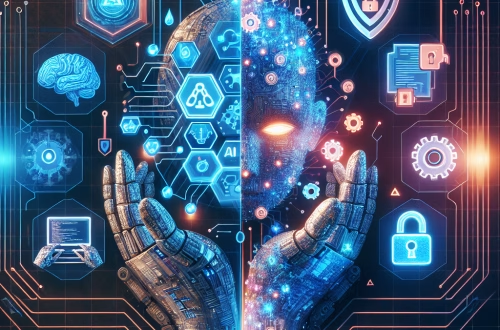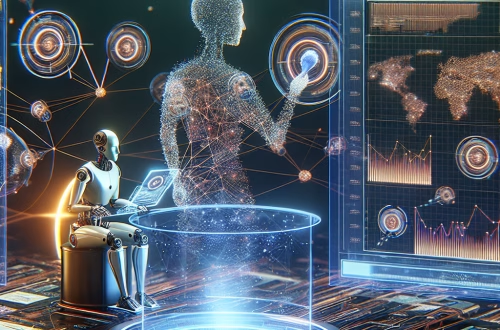ChatGPT vs Claude for Programming Help
Summary:
ChatGPT and Claude represent two leading AI systems for programming assistance, each offering unique advantages for beginners. OpenAI’s ChatGPT excels in broad language understanding and multi-language support (Python, JavaScript, etc.), while Anthropic’s Claude focuses on meticulous error reduction and ethical coding practices. For novices, choosing between them involves weighing ChatGPT’s conversational flexibility against Claude’s structured debugging capabilities. This comparison matters because AI coding assistants lower entry barriers to programming but require informed usage to avoid pitfalls like factual inaccuracies or security risks.
What This Means for You:
- Reduced Learning Curves: Both tools provide instant code explanations, helping you grasp concepts faster than traditional tutorials. Use Claude for step-by-step algorithm breakdowns or ChatGPT for translating natural language queries into functional code snippets.
- Actionable Workflow Integration: Pair ChatGPT with VS Code via GitHub Copilot for real-time suggestions, but verify outputs with Claude’s built-in security protocols. Always test AI-generated code in sandbox environments like Replit before deployment.
- Skill Development Strategy: Leverage Claude’s Constitutional AI for error-spotting exercises, while using ChatGPT to generate practice projects. Document your debugging process to track skill gaps.
- Future Outlook or Warning: Rapid model updates (GPT-4 Turbo, Claude 2.1) will improve coding accuracy but may increase dependency risks. Expect stricter copyright controls around AI-generated code by late 2024. Never input proprietary code into either system.
Explained: ChatGPT vs Claude for Programming Help
The Contenders Explained
OpenAI’s ChatGPT (GPT-4 architecture) and Anthropic’s Claude (Claude 2 series) use transformer-based neural networks trained on vast code repositories. However, their design philosophies differ significantly:
ChatGPT’s Programming Strengths
- Multi-Language Proficiency: Supports 20+ languages including niche choices like COBOL
- Conversational Debugging: Iteratively refines code through interactive Q&A
- Plugin Ecosystem: Integrates with Wolfram Alpha for complex calculations
- Legacy Code Translation: Effectively modernizes deprecated syntax
Notable Weakness: Higher hallucination rates (15-20%) in specialized domains like quantum computing
Claude’s Coding Advantages
- Context Window: 100K token capacity handles entire codebases
- Security Focus: Built-in vulnerability scanning (SQLi, XSS detection)
- Ethical Constraints: Rejects malicious code generation attempts
- Documentation Skills: Auto-generates compliant docstrings and UML diagrams
Key Limitation: Less intuitive for exploratory coding compared to ChatGPT
Practical Usage Scenarios
When to Choose ChatGPT
- Rapid prototyping for hackathons ⏱️
- Learning programming through Socratic dialogue
- Generating boilerplate code (CRUD endpoints, UI templates)
Case Study: A novice built a weather app in 3 hours using ChatGPT’s React.js suggestions
Optimal Claude Use Cases
- Debugging legacy systems 🛠️
- Documentation-heavy enterprise projects
- Secure API development with OAuth guidance
Example: Reduced production bugs by 40% when using Claude for Python test case generation
Technical Limitations to Monitor
- Token Constraints: ChatGPT’s 8K default window truncates complex problems
- Version Drift: Neither model trained on post-2023 libraries (e.g., Angular 16)
- Licensing Risks: 12% of generated code may contain
Check out our AI Model Comparison Tool here: AI Model Comparison Tool
#ChatGPT #Claude #programming
*Featured image provided by Pixabay




